It’s an honour for us to uplift women year-round, and to amplify their voices with every post we make.
The past year was no exception. We’ve had the privilege of interviewing multitudes of brave, bold, pioneering women in the arts.
Musicians fighting back against a male-dominated industry, carving out space for themselves and other women. Comedians taking back their power by laughing at their oppressors. Filmmakers bringing unheard stories to your screens. Young women in performing arts pushing back against antiquated expectations, making way for fresh ideas, and forgoing “the way it’s always been done” for the way it can be done.
To mark International Women’s Day, we’re pleased to share some wisdom from women we interviewed in the past year that has touched us the most.
These women represent a beautiful spectrum of experiences, reminding us that there is no one way to be a woman. Their quotes are overflowing with vulnerability, resistance, intelligence, artistry, courage, humour, care, and love.
Today, and always, thank you to the women we feature for sharing part of your journeys with us. To the women of our readership, thank you for all the love and support you show us. In this post, and every post, we hope you find something that uplifts you, inspires you, or simply makes you feel seen. We wouldn’t be SheDoesTheCity without you.
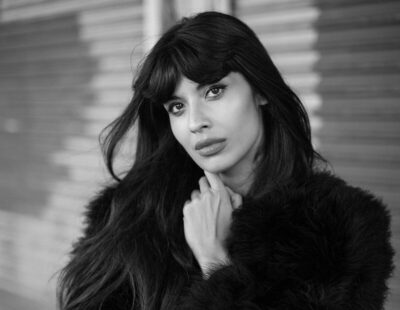
Photo by Christopher Parsons
Jameela Jamil, Actor & Activist
“It’s important for women to not be held to the impossible standard of perfection because that is the enemy of progress.”
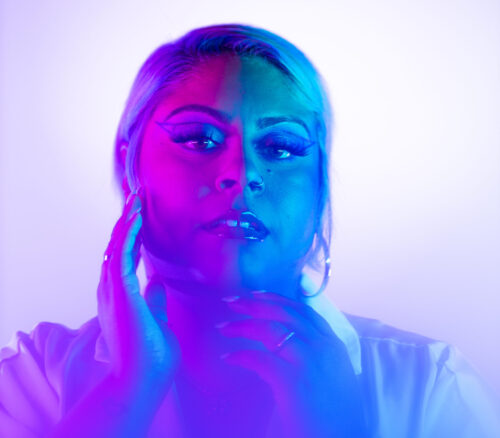
Aphrose, R&B and Neo-Soul artist
“Especially as a woman, we have a lot of voices telling us how to look, how to act, how to behave, how to make it in this industry…it’s a very predatory industry. Trust in what that inner voice is saying. Trust in your art, believe in your art, and the right people will find your art.”
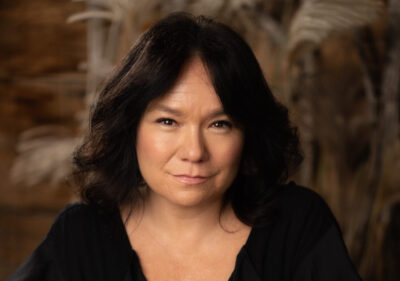
Jennifer Podemski, Actor, Writer & Director
“Our screens are still dominated by white people and that simply doesn’t reflect our society. There is often a BIPOC character, usually supporting, but the way our screens look is not how our society looks. The industry as a whole is still largely focused on non-BIPOC people and stories and the centering of these perspectives is inauthentic and not reflective of who we are.”
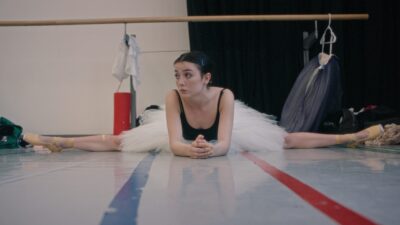
Shaelynn Estrada, Ballet Dancer
“People have different bodies. You can still do [ballet] and not have to look like this super white Eurocentric high-class idea of a ballerina. People don’t realize how much it affects your overall health, your mental health and wellbeing.”
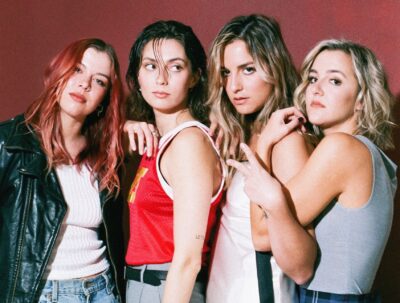
Eliza Enman-McDaniel, Drummer in The Beaches
“No matter how much you feel beaten down by what can feel like a male-dominated industry just remember that there are so many of us out there doing this because we love it. We try to support each other and other women in the industry as much as possible.”
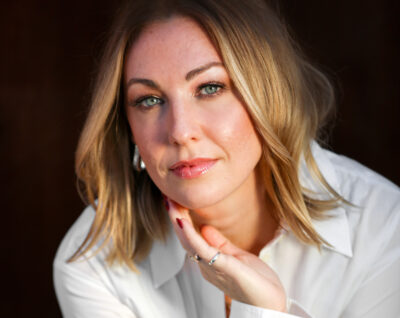
Molly McGlynn, Filmmaker
“In any of the work that I do, my main goal is for people to feel less alone in experiences that can feel like a small, empty room.”
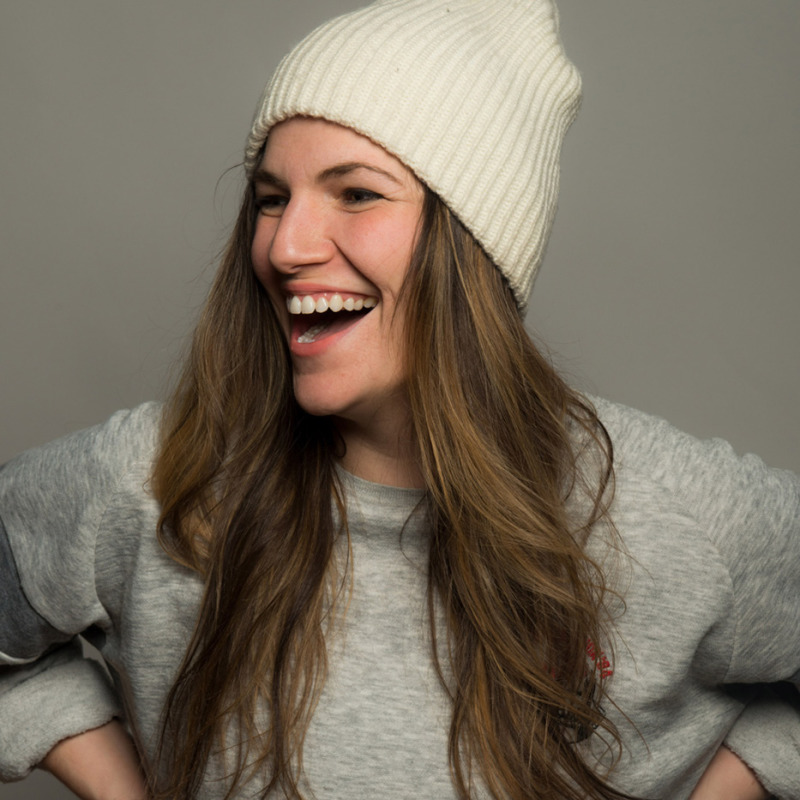
Kat Sandler, Playwright
“The thing that makes you beastly to society, whether that’s wanting to work a 60-hour workweek, or wanting to have a lot of children— the thing that most scares society (i.e. men)—what happens when we let that out? What can come of that?”
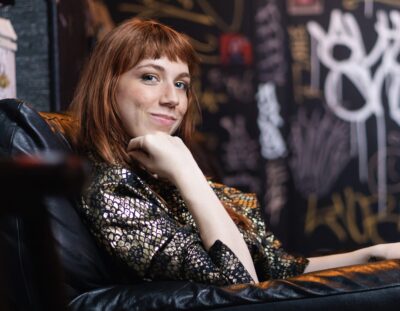
Photo by Alex Mendoza
Tina Friml, Comedian
“This is dramatic—but I’m emotionally invincible. If someone ever says something off-colour to me, where it would previously have completely ruined my day, now the only thing I think is “Oh my God, write that down!” That is why I say that being born disabled turned out to be the best decision I ever made as a comedian.”
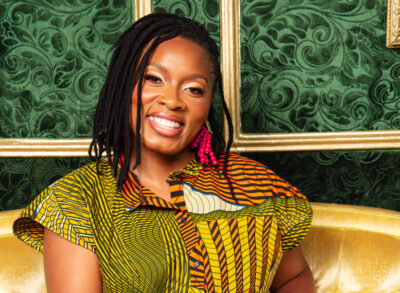
EbonyJanice Moore, Author
“If you want to know what Black women are doing that is revolutionary, that is radical, we are playing and intentionally seeking the experience of bliss and pleasure. We are healing our ancestors.”
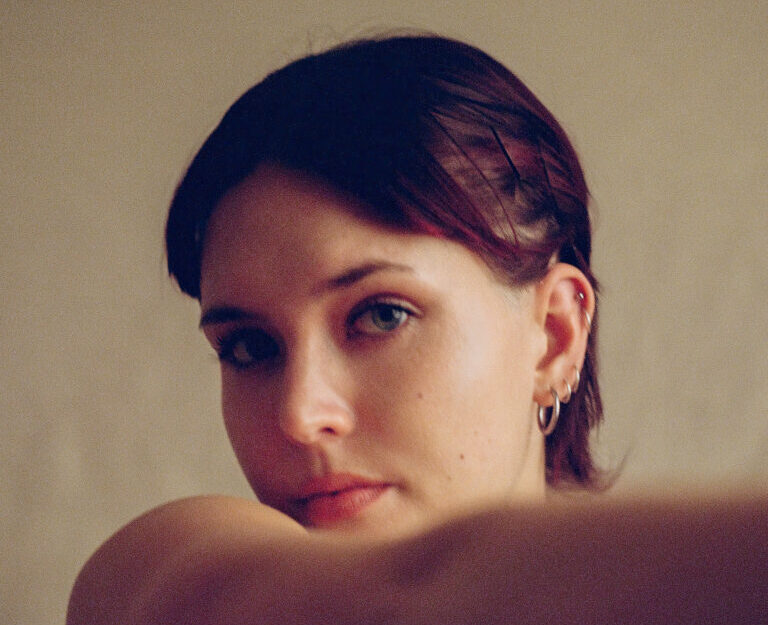
Photo by Thomas van der Zaag
Katie Tupper, R&B-pop Artist
“It is 100% ok to cut out people that are toxic and misogynistic. Make sure you’re standing up for yourself…you don’t have to settle for an opportunity with anyone that is exploitative or disrespectful.”
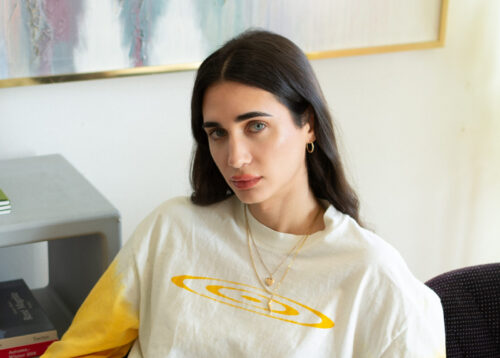
Luis De Filippis, Filmmaker
“We’ve seen a lot more films from the trans perspective, particularly from trans women telling their own stories…they deal with heavy topics, but they do so in this light way. That’s how I think a lot of trans women survive and get through their day.”
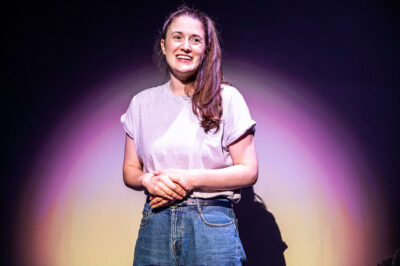
Photo by Dahlia Katz
Rachel Cairns, Writer & Actor
“We end up internalizing the systemic and structural failures that inform and dictate things like reproductive choice. When we start talking about it, maybe we can forge pathways to mobilization to actually do something about it.”
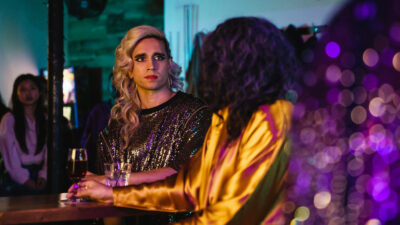
Vivek Shraya, Multi-Disciplinary Artist
“There’s just such a pressure to perform success at all times. It’s so exhausting…I think that the pressure is actually hurting our cultural mental health. Because we don’t create enough space to talk about disappointment. We’re not sharing enough stories about people who didn’t get the funding, didn’t get to make the movie, they didn’t get the dream role they auditioned for.”
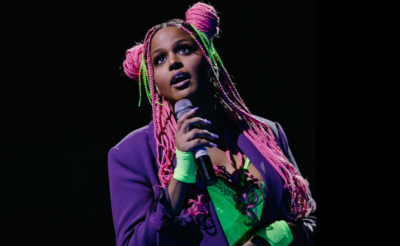
Photo by Connie Tsang
Fatuma Adar, Writer & Theatre Artist
“As a creator, often you’re a Black creator, you’re a Muslim creator, you’re a woman creator, which are all things that are true and will always be a part of my work. But with those labels, it was also hard to figure out what my particular voice is. Because Blackness is not one thing, being a woman is not one thing, being Muslim is not one thing.”
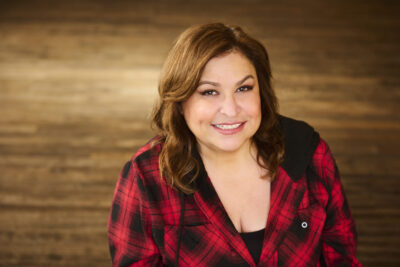
Martha Chaves, Comedian
“Some people want to obliterate us, beginning by shutting us up. Laughing at them and celebrating our lives by being ourselves on stage is a way to stick it to them.”


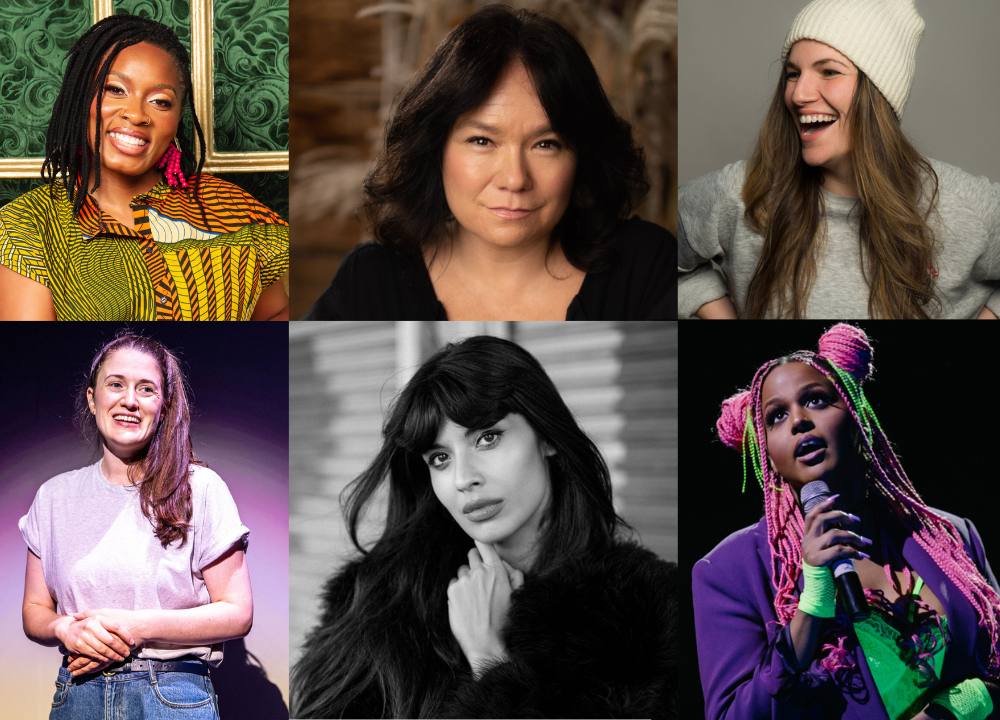
 Follow Us On Instagram
Follow Us On Instagram
